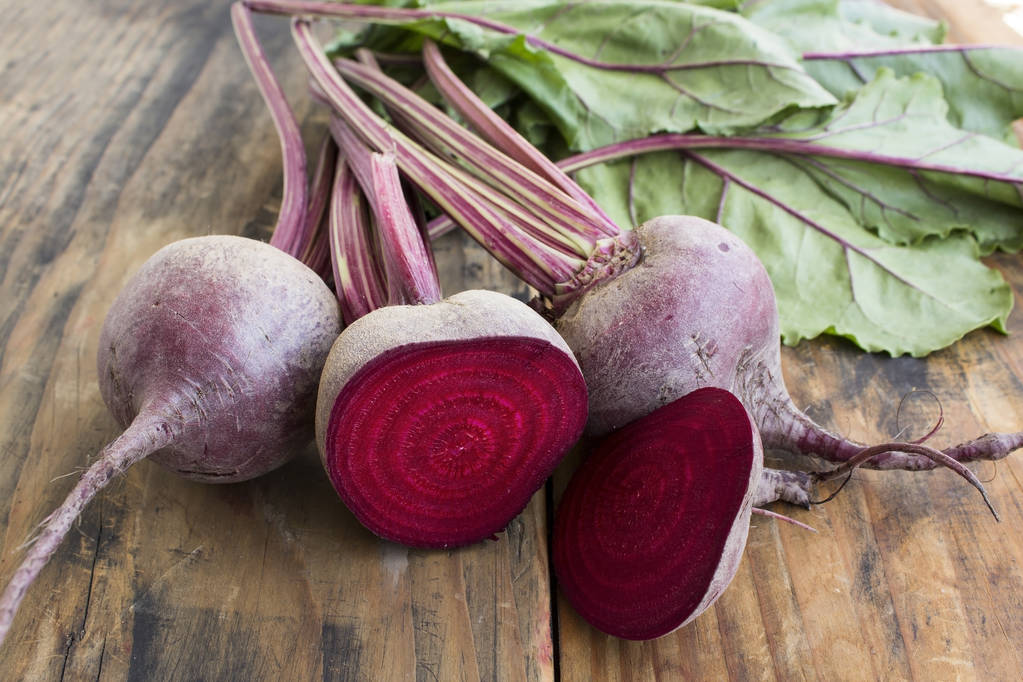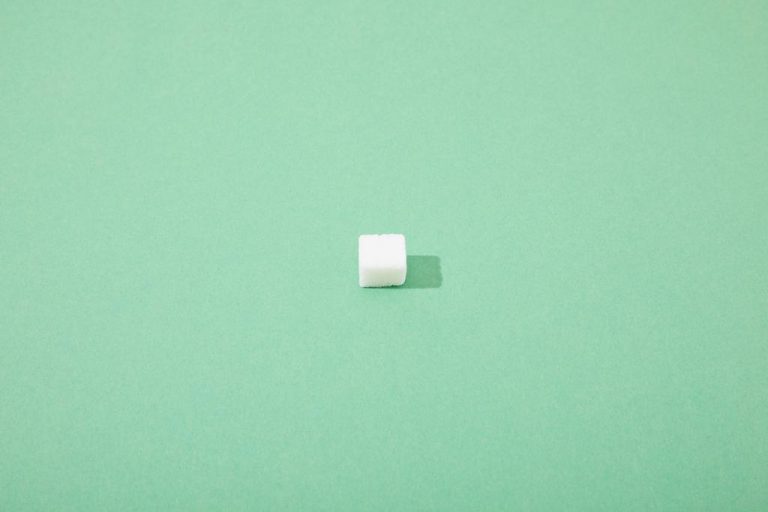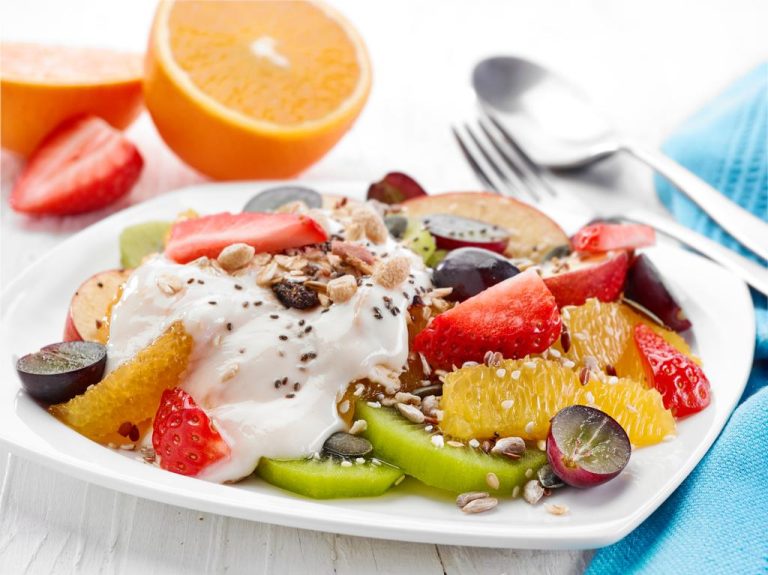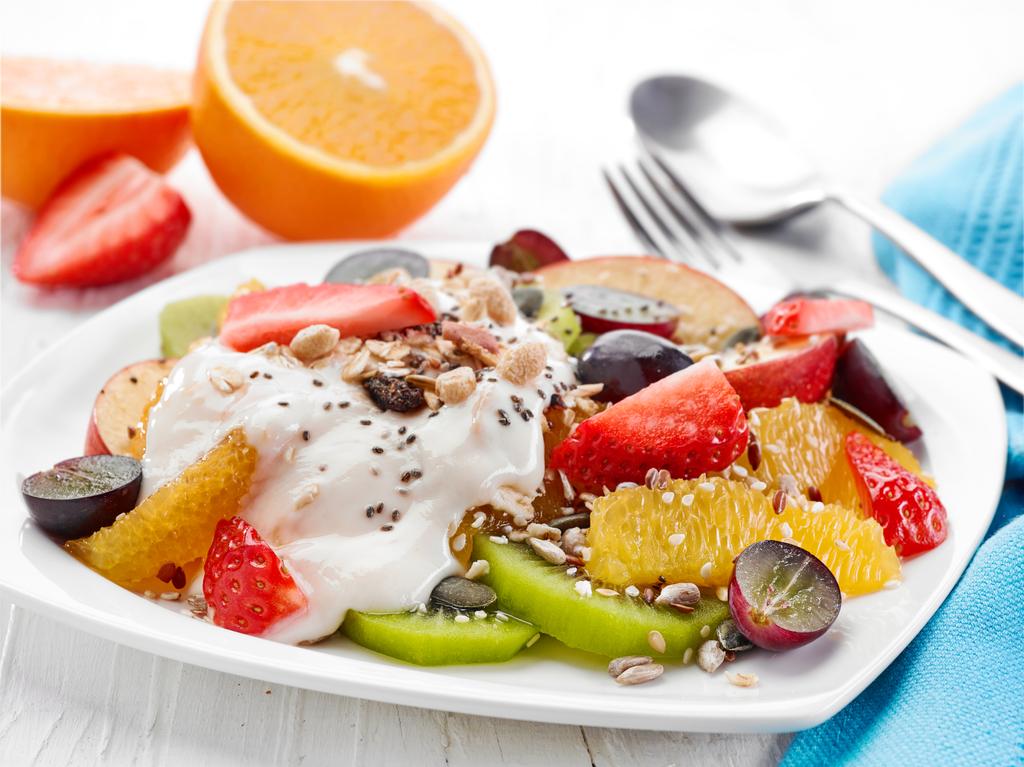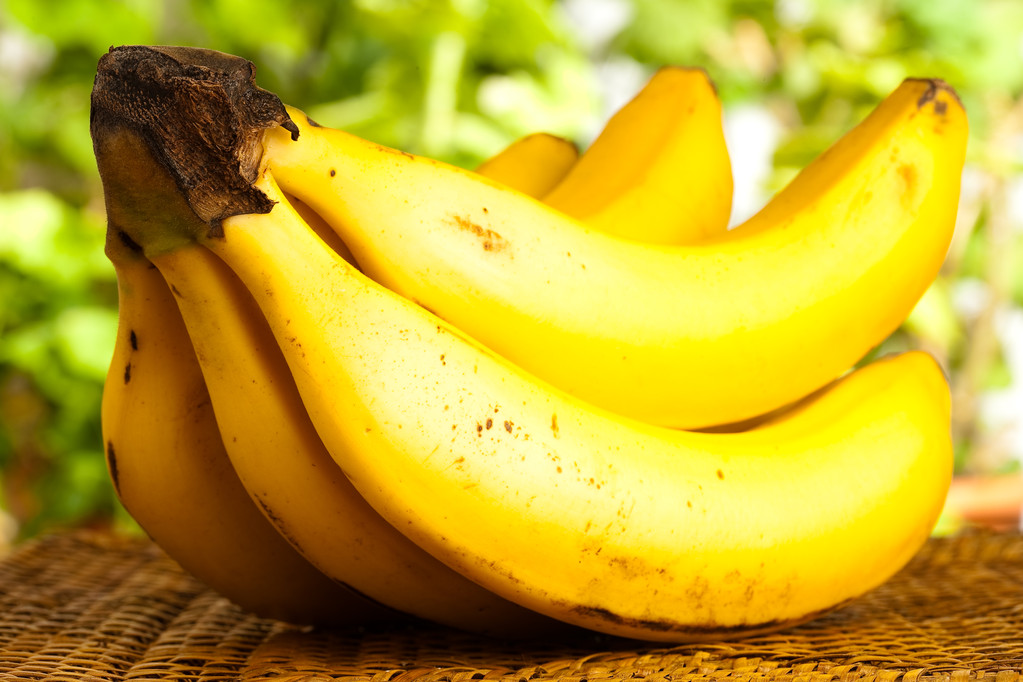Many people like to use sugar alternatives. Sweeteners are particularly popular. But appearances are deceptive: despite their good reputation, sweeteners harbor many health risks.
Risks of sweeteners: Experts advocate complete avoidance
According to the World Health Organization (WHO) and the German Society for Nutrition (DGE), less than ten percent of the daily energy intake should consist of sugar. Many people often consume far more sugar than they should and switch to artificial sweeteners, which, at first glance, appear to be a good alternative. But the chemical sugar substitute can cause unpredictable physical problems. Experts like Dr. Mark Hyman, doctor and best-selling author of the New York Times, even advocates a complete avoidance of any sweeteners.
Sweeteners are synthetically produced or natural substitutes, for example from sweetener plants for sugar, which are a lot sweeter. Sweeteners do not provide any food for caries-causing bacteria because they are not metabolized by the oral flora. Aspartame, stevioglycosides and sodium cyclamate are examples of sweeteners found in foods. Sweeteners have no or few calories, but taste about 10 to 13,000 times sweeter than sugar. Sounds very tempting, but is not really healthy.
However, sweeteners are very often confused with sugar substitutes. Sugar substitutes are – in contrast to sweeteners – suppliers of energy. They contain 2.4 calories per gram, making them about half as “heavy” as sugar. The substitutes and also sweeteners are well suited for diabetics because, unlike sugar, they do not affect insulin and blood sugar levels.
That’s why sweeteners are so bad for you
Researchers looked at the consumption of low-calorie sweetened beverages in a study that found it was associated with higher total energy and sugar intake in children. Using 7,026 children who participated in the National Health and Nutrition Examination Survey over five years, the researchers were able to evaluate nutrient intake from sweetened beverages compared to water consumers.
According to this study, sweetener consumption was associated with more total calories and added sugars. Based on this finding, researchers question the benefits of low-calorie sweetened beverages for weight management in children and adolescents. Large amounts of sweetener can thus change the entire metabolism and promote unfavorable weight gain, even if the sweetener itself contains almost no calories.
Since the composition of the intestinal bacteria changes as a result of the artificial sweeteners, weight gain can occur. Regular consumption of sweeteners also increases the risk of high blood pressure, diabetes and heart disease. Sweeteners are also laxative, addictive, and can trigger migraines and skin rashes. And they are also suspected of being carcinogenic. So it seems the healthier option is to stick with “real” sugar and reduce sugar intake to a healthy amount.

Omit sweetener: These delicious sugar alternatives are available
While most properties of sweeteners are certainly compelling, over-consumption can lead to serious side effects. Therefore, you should not overdo it with the low-calorie sweetness and rather use natural sweeteners such as agave syrup or honey.
For many foods that contain sweeteners instead of sugar, you might choose the sugar variant, such as herbal candies or soft drinks. If you generally feel like eating something sweet and also want to do something good for your health, then simply grab an apple or a banana instead of unhealthy snacks or use agave syrup, maple syrup or coconut blossom sugar instead of sweeteners.
Other foods that do not contain any harmful sweeteners and still taste sweet:
dates
raisins
honey
dried fruit
bananas














